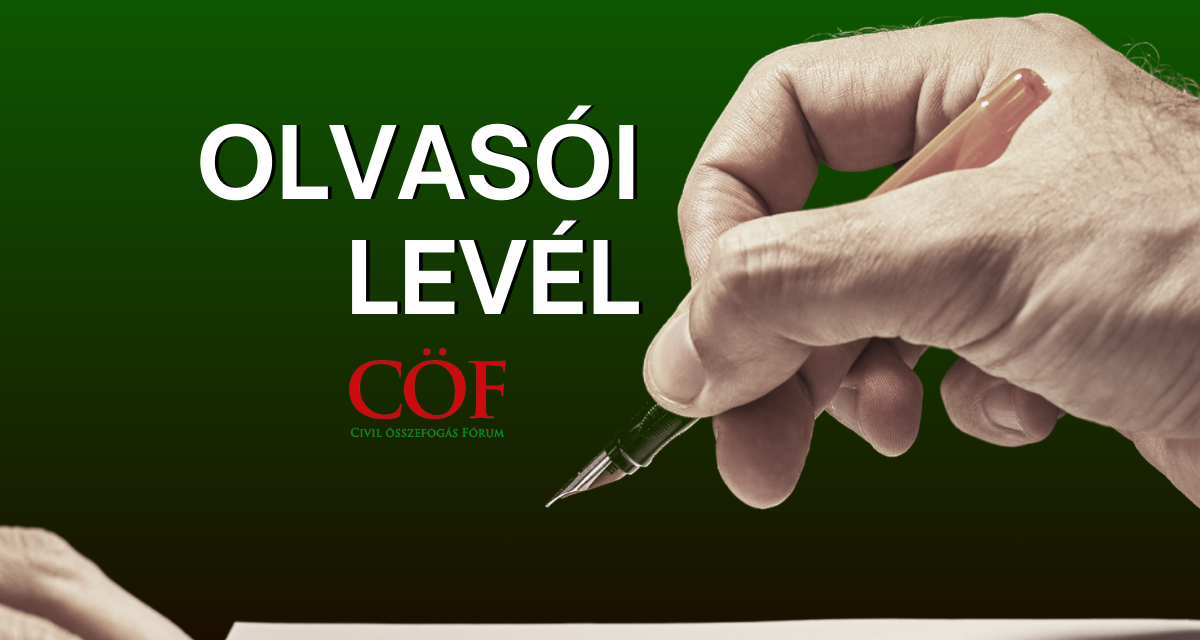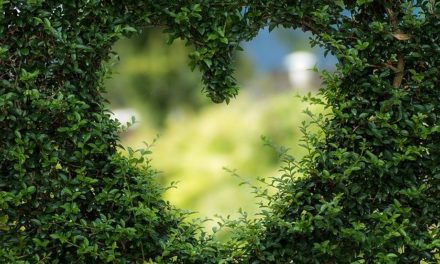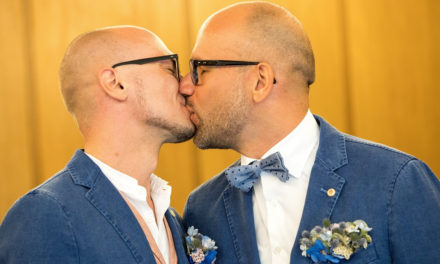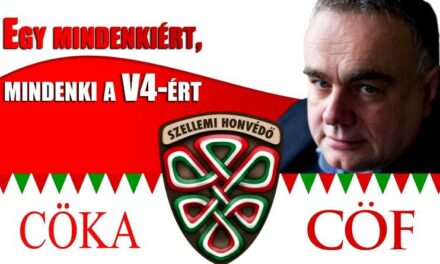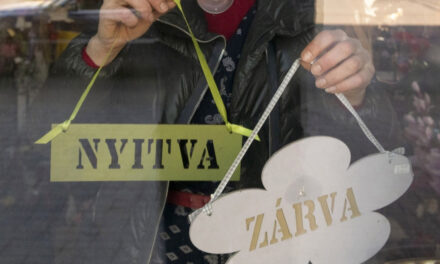They are the ones who are not really dead because they live here in us. They live here in the grandfather's stories, in the evening readings of the young students, they sit there with you when you talked about them over a glass of wine on a summer night. And if you are quiet, you can hear them.
I don't know where the following incident happened…
An old, commanding warrior in a simple postman's dress leaned on his sword in the darkness of the night. It was early spring, the evenings were still cool, but he obviously didn't mind. He watched the rim of the moon as it disappeared into the trees of a distant forest, only to reappear. A dignified, proud smile tugged at the corner of his mouth. It must have been midnight. Suddenly, as if he had grown out of the ground, a bearded, broad-shouldered man stepped next to him. In armor, spear in hand.
"What do you mean, brother?" he asked respectfully.
– I look at that forest, and the events run through before me again.
"Tell me!"
– On the night of the Muhi battle, when the Tatars once again crossed the Sajó bridges, the camp woke up late. We could only pick up the blood when they were already on us. Archbishop Ugrin gripped his sword:
"Thank you, Lord, for having a glorious death in store for me."
Prince Kálmán turned pale when he saw the king. "I'm still out ," he said to the brave men gathered in his entourage. "Save the King!"
A hundred or so horsemen charged at the slowly closing Tatar crowd. The king was reluctant, but realized he had no choice but to flee. The Tatar army was split in two by the unexpected attack, and we waded over human bodies. A dozen or so died, but most of us made it into the Bükk forests. The horses were tired, and we heard the wild howling of the Tartars behind us. The king's stallion, as we passed through a deep gorge, fell and gave his last snort. János Sólyomfia was the first to hand over his horse.
"Lord, I stay behind, I will stop them a trifle."
About ten of us stopped and positioned ourselves on both sides of the steep wall of the gorge. The king looked at us, his eyes filled with tears, and asked us our names one by one. The fight lasted for a good hour, they did not get through easily. I was hit by arrows, I don't remember anything else. But I know that the king's retinue was reduced to a few men by the time they got to safety. But he also remembered me, and since then my family has been of noble descent - the gray-haired warrior finished his story.
"It's a nice story," the man in armor thundered at him in a deep voice, "I won't tell you mine, because you know it anyway."
And he looked proudly and manfully at the older man.
"But we don't know!" - could be heard from the small bushes near them, from which a twenty-year-old hussar wearing an atilla and a fifteen-year-old worker's child hurried out. The hussar's face and his goofy mustache laughed at the same time, the little boy stood quietly, a little stunned.
"Would you honor me with…"
"I'll be happy to tell you, although it's not a big deal." When, in the pouring rain, the second charge, the charge of the king, was interrupted by the wall of the janissaries, the Hungarian infantry started forward. We set off to get our nobles out. The attention of the Turkish center was directed at us, part of the cavalry could escape, we thought the king too. I looked up at the sky, thought of my wife and sons, said a prayer and went with the others. That day, no one from the Hungarian infantry ran, and everyone stayed there forever, but we took twice as many buns with us.
The worker's child was silent, while looking at the hussar officer as if he were his brother.
"Tell me yourself," he said.
The hussar twirled his moustache.
- It was the most beautiful spring of my life, the spring of 1849. The range of Buda mountains covered in flowers was amazingly beautiful. The air trembled, thousands cried out: "Long live the homeland!", the cannons fired, and we began the decisive charge towards the Vienna gate. I was happy that, being a hussar, I could get off my horse and break out with the infantry. It was a fierce, man-to-man fight, but suddenly we were inside. We galloped forward across the square, and I was as happy as ever. Then a few more shots rang out, and I felt nothing but a deep, eternal calm.
It was quiet, a real wilderness silence. The child listened to the stories with his mouth open. Before he could say anything, the eldest warrior spoke:
"We know. You also have a story, but we've seen it, you don't have to tell it." We stood next to you, with a proud look, and when the Soviet machine gun barked behind the fired tank, we caught you so you wouldn't fall and hit yourself. And now we all bow to you.
I don't know where it happened?
Of course I know. It happens many times somewhere on Hungarian soil. They are the ghost soldiers. There are many thousands, millions of them. They are in heaven because they rest in Hungarian soil. Sometimes they come out and welcome the newcomer. But sometimes they just talk, but they are always on guard. And in fact they are not dead, they live here in us. They live here in the grandfather's stories, in the evening readings of the young students, they sit there with you when you talked about them over a glass of wine on a summer night. And if you are quiet, you can hear them. Close your eyes, my friend, don't speak...
And the breeze blows quietly...
Author: Dr. György Temesszentandrasi

